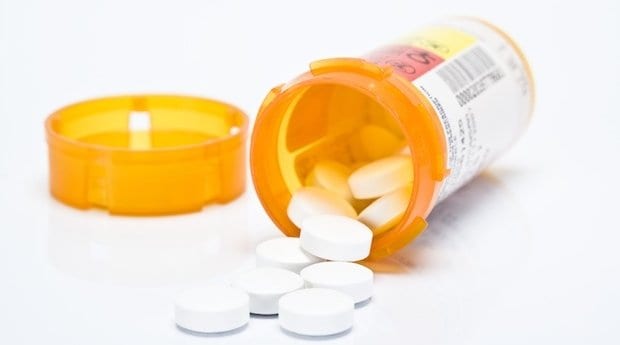The AIDS Committee of Ottawa (ACO) is set to release its stance on the use of pre-exposure prophylaxis drugs (PrEP) as a preventative therapy to reduce the risk of new HIV infections in negative individuals. Rob Alexander, gay men’s health and wellness coordinator at ACO, says the announcement will be based on recommendations from the World Health Organization and Centers for Disease Control, as well as a local assessment of the drug’s efficacy.
The ACO already endorses the use of post-exposure prophylaxis (PEP) to reduce the risk of infection after a potential HIV exposure has occurred. This treatment consists of a four-week daily dose of anti-HIV medications in pill form, which can reduce the risk of infection if taken within 72 hours of a potential exposure.
“PEP doesn’t seem to be as controversial,” Alexander says. “It’s post-exposure, so if a condom breaks or something happens, then it’s pretty straightforward. People don’t seem to be quite as up in arms about it.” It’s PrEP, he says, that has earned a more contentious reputation. Whereas for years the commonly accepted wisdom was that condoms were the most effective way of preventing the transmission of HIV, the advent of PrEP is now calling that into question. “The whole treatment as prevention is becoming quite a muddy thing.”
According to the CDC, PrEP is a way for HIV-negative people who are at a substantial risk of contracting the virus to prevent infection. It consists of a pill (known by the brand name Truvada), taken daily, that contains the HIV treatment medications tenofovir and emtricitabine, which can work to prevent the virus from establishing an infection. When taken consistently, the CDC says PrEP has been shown to reduce the risk of HIV infection in high-risk individuals by up to 92 percent.
Alexander says that currently the ACO is working with the Gay Men’s Sexual Health Alliance to do a local assessment of people’s knowledge of PrEP. This will focus on both gay men in the community and healthcare providers and will examine the efficacy of the treatment when compared to condom use.
A national and provincial statement is also being developed, Alexander says, which supports the CDC and WHO recommendations that gay men engaged in sexual behaviour should have full access to PrEP. Alexander says ACO will endorse this statement. “We endorse that PrEP should be made fully accessible to gay men as a preventative option,” he says. He expects the statement to be released around the end of September.
Alexander says that in Canada, PrEP is available only “off-list.” This means that if a physician or GP prescribes PrEP, it must be for a different use than preventative therapy. “It’s only approved in Canada as an HIV treatment; it’s not approved in Canada as a preventative tool.”
“That’s one of the things we’re pushing right now with Health Canada, and it’s one of the reasons we’re holding back a little bit on the statement on access to PrEP. So basically, even though we can’t officially say it, that is our stance: that PrEP should be approved in Canada for use as both a preventative measure and an HIV antiretroviral treatment measure.”
Though he says the ACO will support access to PrEP for all gay men engaged in sexual activities, Alexander cautions that it is not a replacement for condom use and will not protect against other STIs like syphilis and gonorrhea. Additionally, both PEP and PrEP do come with side effects. According to the Truvada website, these can include liver problems and a buildup of lactic acid in the blood (lactic acidosis).
Currently, gay men in Ottawa can access PEP through the GayZone health clinic held Thursday nights at the Centretown Community Health Centre, where it is available at no cost. It can also be accessed through the emergency departments of most hospitals, though Alexander says this can sometimes be complicated by a lack of understanding on the part of hospitals. He adds that people who access PEP through the ER must make arrangements to cover the cost themselves or through private health insurance.
Alexander says the ACO is developing a series of workshops on PEP and PrEP aimed at healthcare providers, which will be released in February as part of the Gay Men’s Forum at the Snowblower Festival. The ACO’s campaign around PEP and PrEP will work with GayZone and Ottawa Public Health.
To access PEP in Ottawa, visit the GayZone clinic held Thursdays from 5 to 8pm at the Centretown Community Health Centre at 420 Cooper St, or visit the Sexual Health Centre at 179 Clarence St Monday to Friday from 9am to 4pm.
Read the AIDS Committee of Toronto’s statement on the need for access to PEP in Ontario
Read the British Columbia Health Initiative for Men’s position paper on PrEP
For more on the AIDS Committee of Ottawa, visit
aco-csa.ca


 Why you can trust Xtra
Why you can trust Xtra


